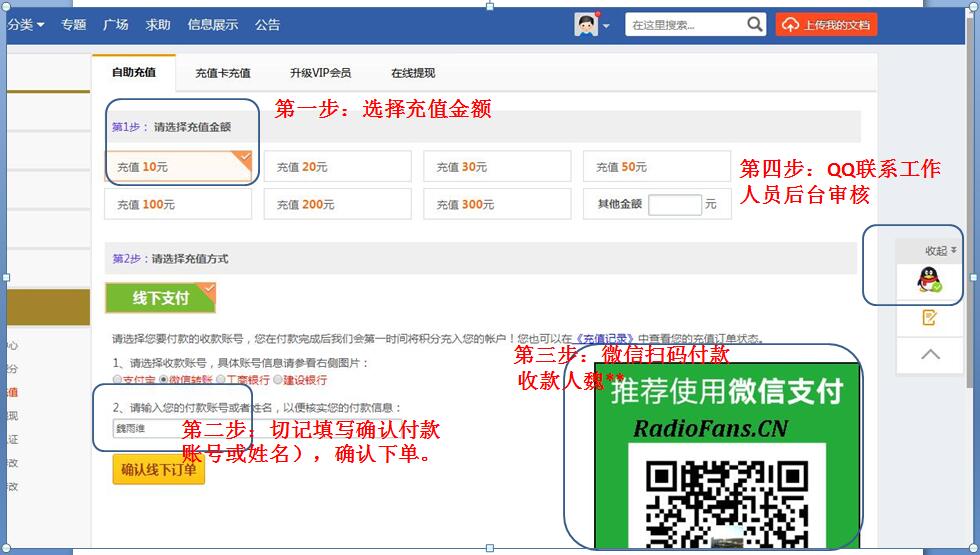《Classe-CAV180-pwr-sm维修电路图 手册.pdf》由会员分享,可在线阅读,更多相关《Classe-CAV180-pwr-sm维修电路图 手册.pdf(24页珍藏版)》请在收音机爱好者资料库上搜索。
1、PRO-SVR_LEGACY Page 1 of 13 Date: July 17, 2007 Model Number: CAV-180 Class Audio Inc. Subject: Service manual Class Audio, Inc. 5070 Franois Cusson Lachine, Qubec Canada H8T1B3, RadioFans.CN PRO-SVR_LEGACY Page 2 of 13 Table of Contents Introduction 3 Important Notes on Servicing 3 Ordering Replace
2、ment Parts 3 Block Diagrams 4 Start up Procedure 5 Protection Modes and Indicators 6 Troubleshooting Guide 7 Output Transistors Testing and Replacement 8 Calibrations and Adjustments 9 Parts List 10 Updates 11 Fuses 12 Voltage Change 12 IR Interface Information 13 Schematics 14 The contents of this
3、document as well as the files associated with it contain confidential information that is proprietary to Class Audio Incorporated and are intended solely for the purpose of servicing product. No part of its contents may be used, copied, disclosed, or conveyed to any party in any manner whatsoever wi
4、thout prior written permission from Class Audio Incorporated. RadioFans.CN PRO-SVR_LEGACY Page 3 of 13 Introduction Please read this manual carefully before commencing servicing! Only qualified and authorized personnel should attempt to service this product. The lightning flash with arrowhead symbol
5、, within an equilateral triangle, is intended to alert the user to the presence of uninsulated dangerous voltage within the products enclosure that may be of sufficient magnitude to constitute a risk of electric shock to persons. The exclamation point within an equilateral triangle is intended to al
6、ert the user to the presence of important operating and maintenance (servicing) instructions. Class has a global product support network. For product assistance or to order replacement parts please contact your nearest service center always quoting the unit serial number. North America Phone: (978)
7、664-2870 E-mail: Europe Phone: 44 (0) 1903 221 700 E-mail: Asia Phone: (852) 2790 8903 E-mail: classebwgroup.hk Rest of the World Phone: (514) 636-6384 E-mail: Important Notes on Servicing 1.ALWAYS observe ESD precautions when handling electronic modules or PCBAs. 2.NEVER exchange boards with a diff
8、erent revision number, unless authorized by Class. 3.ALWAYS use Class original replacement parts. The use of generic parts may void the warranty of the unit. Ordering Replacement Parts There may be a delay in processing incomplete requests. Please be sure to include all required information. Remembe
9、r to quote the serial number of the unit on all replacement part orders and the Class order number when returning defective parts for credit. RadioFans.CN PRO-SVR_LEGACY Page 4 of 13 Block diagrams RadioFans.CN PRO-SVR_LEGACY Page 5 of 13 Start Up Procedure When receiving a unit, an assiduous visual
10、 inspection must be performed. Do not connect the unit without analysing the symptoms reported by the customer and the results of the inspection. Using the troubleshooting guide, find the problem and proceed to the repair. Once this step is done, follow these steps, known as the start-up procedure,
11、to ensure that everything in the unit is in working condition. 1. Proceed with a post repair visual inspection. Take the time to check if every wire is reconnected properly, every screw is bolted on, no soldering and/or metal residues lying in the unit, every fuse has been replaced, etc. 2. Connect
12、the unit to a variable transformer, setted to 0Vac. 3. Turn the bias trimpot (RV1) counter clockwise until a click is heard. 4. Connect the bypass wire to the variable transformer. This bypass is a power cord, modified on the female side in order to bypass the soft start sequence. It is connected to
13、 the line tab on soft start PCB. 5. Slowly raise the voltage to 10Vac, and check positive and negative rails. Check fuses. 6. If one or more supply are not within specifications, return to the troubleshooting guide. 7. Slowly raise voltage until you hear relays click, this point is around 55Vac. Rec
14、heck every supply. 8. If one or more supply are not within specifications, return to the troubleshooting guide. 9. Raise voltage to 120Vac. Recheck every supply 10. If every supply is within specifications, unplug the unit and bypass from the variable transformer. Reconnect only the unit. 11. Report
15、 to calibration and adjusments to adjust bias and DC offset. Note that bias can be adjusted to 10mV, and the following tests can be performed before the unit is send to the burn-in bench for a 24 hours warm-up. 12. Connect the unit to a load, and to a source using balanced inputs and single ended in
16、puts, independently. 13. Perform a test with a 200Hz, a 2kHz and a 20kHz tone, both sinus wave and square wave. Check the output with a oscilloscope, on 4 ohms and 8 ohms loads. Take special cares about oscillation and phase correlation between channels. 14. Connect the unit to a small speaker, and
17、short the input. Check for any noise. Perform this step with single ended inputs and balanced inputs, independently. 15. Put the unit on a burn-in bench, and let it sit for 24 hours, then readjust bias. Let the unit on the burn- in bench for another 72 hours. 16. Redo steps 11 to 14 before shipping
18、to the customer. RadioFans.CN PRO-SVR_LEGACY Page 6 of 13 Protection Modes and Indicators The front LED shows the status of the amplifier. When starting up normally, the CAV180 will show a FLASHING RED LED for about 15 seconds and if all is normal, the LED will go SOLID RED. If there is a fault, the
19、 LED will go to a FLASHING GREEN LED. The CAV180 is not equipped with any protection fuses. In the event that the protection is triggered, the technician will first need to identify and cure the cause of failure (please report to troubleshooting guide). When the cause has been identified, disconnect
20、 the unit from the system including the AC power. Remove the top cover and look for damaged or burned components. RadioFans.CN PRO-SVR_LEGACY Page 7 of 13 Troubleshooting Guide Symptom Possible cause Unit won t turn on Check connections; Check fuses; Check soft-start circuit; Check relays; Check pow
21、er supply circuits (positive rail, negative rail) Smoked and/or burned components Check for short between components and ground; Check output transistors; Check power supply circuits (positive rail, negative rail). Blown fuses Check for short between fuse and ground; Check power supply circuits (pos
22、itive rail, negative rail). No output Check connexions; Check output relays; Check power supply circuits (positive rail, negative rail,); Check output transistors. Unit turn into protection Check for smoked and/or burned components; Check power supply circuits (positive rail, negative rail,); Check
23、source and load; Check protection circuit; Check sensor wires between sensor PCB and control PCB; Check outputs transistors and Mosfet drivers; Perform updates, if necessary. Excessive buzz and/or hum Check electrical lines; Check for a ground loop in the system. Oscillation Check source; Check capa
- 配套讲稿:
如PPT文件的首页显示word图标,表示该PPT已包含配套word讲稿。双击word图标可打开word文档。
- 特殊限制:
部分文档作品中含有的国旗、国徽等图片,仅作为作品整体效果示例展示,禁止商用。设计者仅对作品中独创性部分享有著作权。
- 关 键 词:
- Classe-CAV180-pwr-sm维修电路图 手册 Classe CAV180 pwr sm 维修 电路图
 收音机爱好者资料库所有资源均是用户自行上传分享,仅供网友学习交流,未经上传用户书面授权,请勿作他用。
收音机爱好者资料库所有资源均是用户自行上传分享,仅供网友学习交流,未经上传用户书面授权,请勿作他用。
 Classe-CAV180-pwr-sm维修电路图 手册.pdf
Classe-CAV180-pwr-sm维修电路图 手册.pdf



 Crown-XLS202-pwr-sch维修电路图 手册.pdf
Crown-XLS202-pwr-sch维修电路图 手册.pdf


